AJ Haynes on ‘Power’ and This Week’s Reproductive Rights Hearing
This week, the Louisiana abortion clinic where AJ Haynes works is at the center of a Supreme Court case that could further restrict reproductive rights.
Protest songs breathe power. They are born in defiance, resisting the sinking feeling that nothing will ever change. Some even present the message with clarity and simplicity of truth—consider Sam Cooke’s civil rights era anthem, “A Change Is Gonna Come.” Drawing from an experience in 1963, when he was turned away from a Louisiana hotel for being black, the song entwines personal experience with audacious hope. The result is a collective voice, a call to action, a hunger for change.
While some social change has come since segregation, other issues are on the brink of dangerously backsliding. Shreveport, Louisiana—the same city that refused Cooke—is now the focal point of another civil injustice, this time concerning restrictions on reproductive rights. While the case against the state awaits review by the US Supreme Court this week, local musician AJ Haynes is breathing power into both music and activism during trying times.
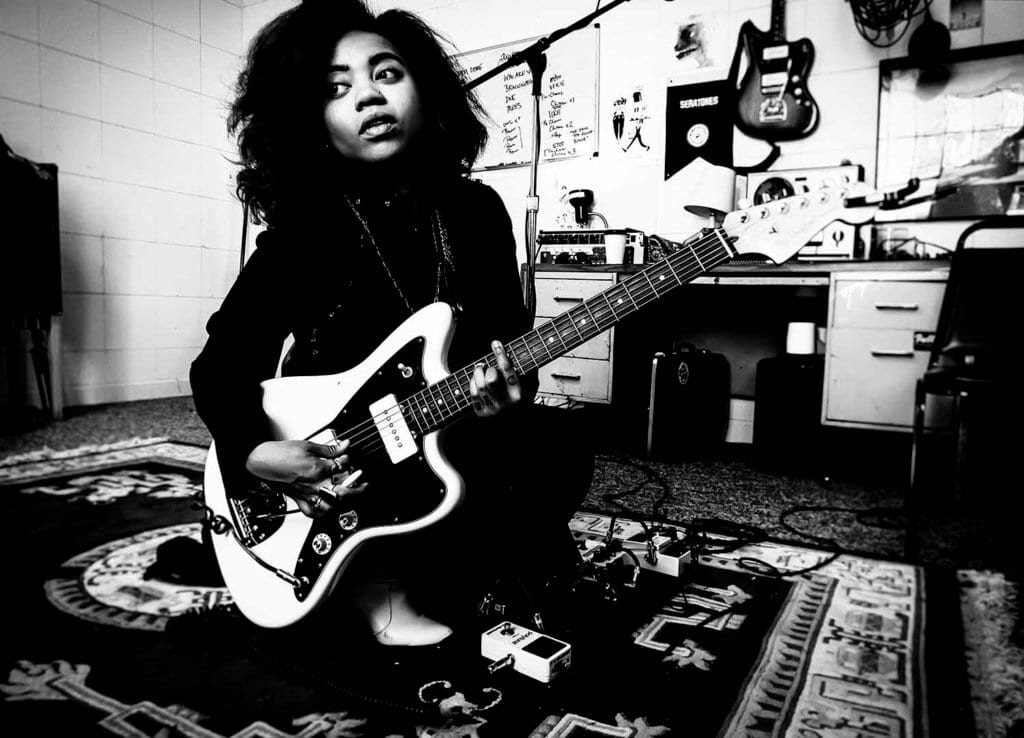
Haynes, the frontperson of soul rock band the Seratones and abortion clinic counselor at the Hope Medical Group for Women in Shreveport, speaks with me from a coffee shop in Massachusetts the morning after a show at Great Scott, a Boston music venue. “It was actually one of the most diverse groups I’ve seen,” she says, excited that the crowds at her shows have been changing. “I feel more women are showing up. More people of color. It’s really important for me to curate a space where people will feel comfortable, and where people will feel safe, moreover.”
Hayne’s concern for her fans comes from experience. Oftentimes, women don’t feel protected—a fact she has witnessed over and over again as an abortion clinic counselor at Hope Medical Group—and she is fiercely protective of fans and clients alike. Anytime she sees a single woman at a Seratones show, she worries about their safety, sometimes even asking them to message her on Instagram when they’ve arrived home. “People need to feel safe,” she asserts, recognizing that living in a woman’s body at this time can be frightening, especially if you live in a state that has passed 89 abortion restrictions since Roe v. Wade.
A series of hostile restrictions by Louisiana lawmakers have culminated in June Medical Services v. Russo (formerly June Medical Services v. Gee), a case that the US Supreme Court will hear this Wednesday, March 4, 2020. Filed by the Center for Reproductive Rights, the lawsuit challenges a Louisiana law aimed at implementing admitting privileges. Known as Act 620, the law was passed by the Louisiana Legislature in 2014, and it models a Texas law that the Supreme Court struck down in 2016, requiring that a physician performing an abortion must have active admitting privileges at a hospital within 30 miles from the abortion facility. However, in a state that only has three abortion clinics (down from seven in 2011), such stipulations would mean the closing of two more clinics—Hope Medical Group for Women being one of them. “The state of Louisiana is trying to undermine the constitutional precedent,” says Haynes, perplexed at the state’s audacity to impede the civil rights of approximately one million women of reproductive age within the state.
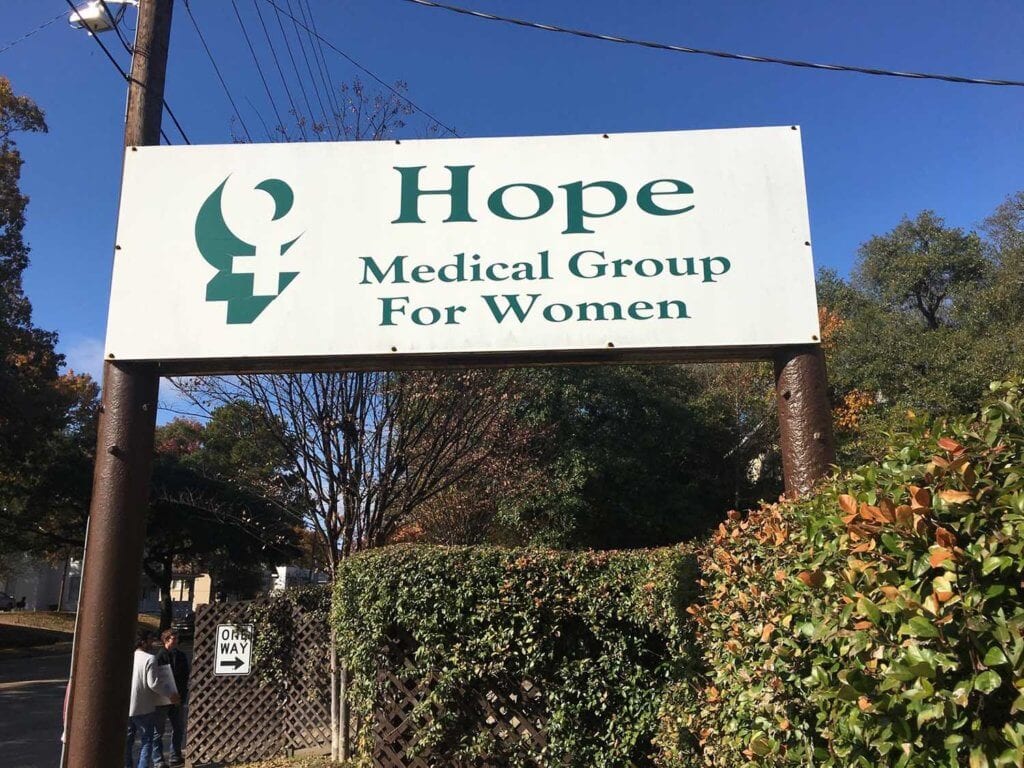
“Brighter days coming, but I can’t see where I’m going,” sings Haynes on the title track of her band’s most recent album, Power, released last year on New West Records. When she began writing the lyrics to the song, Haynes was thinking of her daily struggles as a teacher (“getting up early as shit”) when she taught at a local middle school, as well as the daily struggles of her patients at Hope Medical Group. She mentions that she has seen patients who wake up at 3 AM, work on their school assignments, get their kids ready for school, go to work, go to the clinic on their lunch break, pick up their kids, help their kids with homework, then continue working on their own homework. “This is the story of so many people,” says Haynes. “And it’s not acknowledged how many are grinding like that.”
Louisiana has one of the highest rates of poverty in the nation, and was in the top three according to findings from the 2018 census. Not everyone has the resources to benefit from the services of a clinic, especially when they’re so few and far between. For example, let’s say a woman who lives in northeast Louisiana is in need of an abortion: the closest clinic, which is Hope Medical Group, can be a three hour drive. Not having access to a vehicle, childcare, and/or the leisure of being able to miss a day of work further prohibits access to proper health care. “This is an attack on people trying to get out of cycles and systems of poverty,” says Haynes, adding that in Louisiana, people of color disproportionately suffer the most from abortion restrictions. As we are meant to be living in a post-Roe v. Wade reality, Haynes asks in frustration: “What is the point of having something that you can’t have access to?”
In order to have an abortion in the state of Louisiana, a patient is required to navigate through a few steps 24 hours before the procedure:
- First, the patient attends a consultation where they are meant to fill out a form created by the Department of Health and Hospitals, which must be signed by a doctor. “There is no other surgery that requires that, which is absurd,” says Haynes.
- On the day of the consultation, the patient undergoes an ultrasound where the technician is required to ask whether they want to hear the heartbeat. “But what they’re hearing is not a heartbeat,” says Haynes—at six weeks, what is being detected, owing to the advancements in ultrasound technology, is “cardiac activity.” She emphasizes that although it’s up to a patient’s “emotional math” to call it a heartbeat, the stipulation is “absurd.”
- Next, the patient must attend in-person counseling where they will individually talk to a trained counselor and physician regarding their upcoming.
- The last visit is a post-surgery check-up, usually conducted in a span of three weeks.
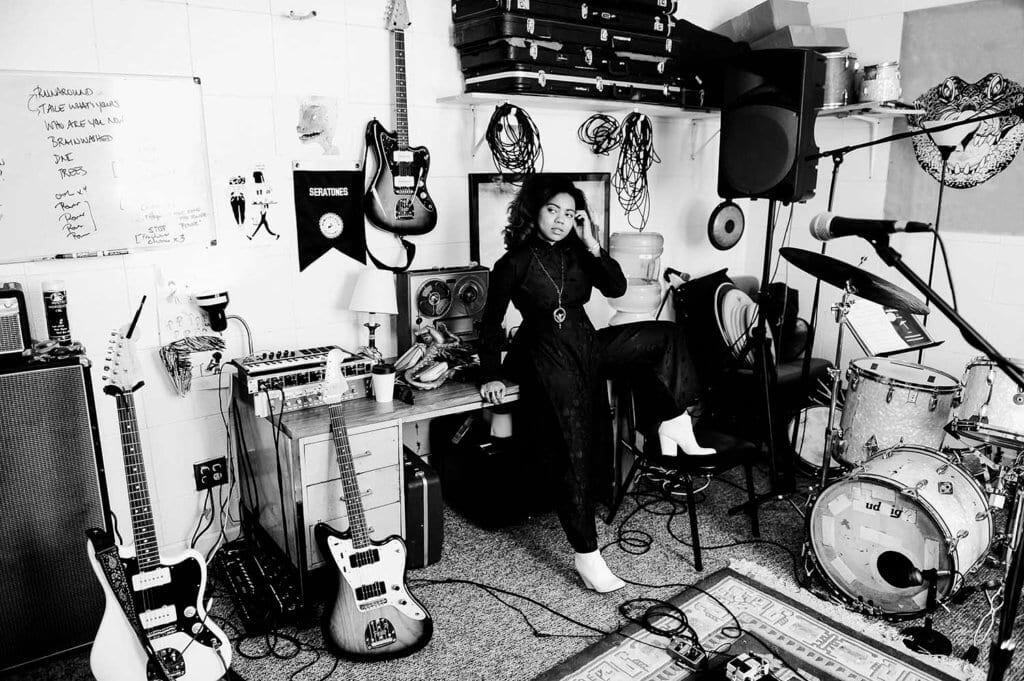
In addition to the physical and financial strain these visits create, especially for patients traveling from rural areas, the emotional toll can be just as substantial. Since Haynes began working at Hope Medical Clinic over a decade ago, she has continuously witnessed her colleagues show up for their patients. “Being compassionate means that you have to give up yourself, hold space for people,” says Haynes. “That’s exhausting sometimes.” There’s no way to compartmentalize witnessing the heartbreak of others on an hourly basis. “That’s the thing,” says Haynes, “We value our patients; the state of Louisiana clearly does not.”
Like her work at the Hope Medical Clinic, Haynes writes songs that hold space for the listener, creating something they can hold, and that can pull them (and herself) out of the fire. Haynes recalls a morning when she was getting ready to go to the clinic after a 5 AM yoga class. She hastily made coffee as she listened to All Songs Considered on NPR, when they played “Power.”As the hosts talked about her song, she realized, “Damn! I made the song that I needed to hear for myself to go to work.” Coupled with an infectious beat and killer arrangement, the song has certainly resonated with people—last year, the Center of Reproductive Rights asked the Seratones to play “Power” at their New York gala at Lincoln Center. “As we were playing the song, motherfuckers were writing checks,” says Haynes. “That’s what I’m talking about.”
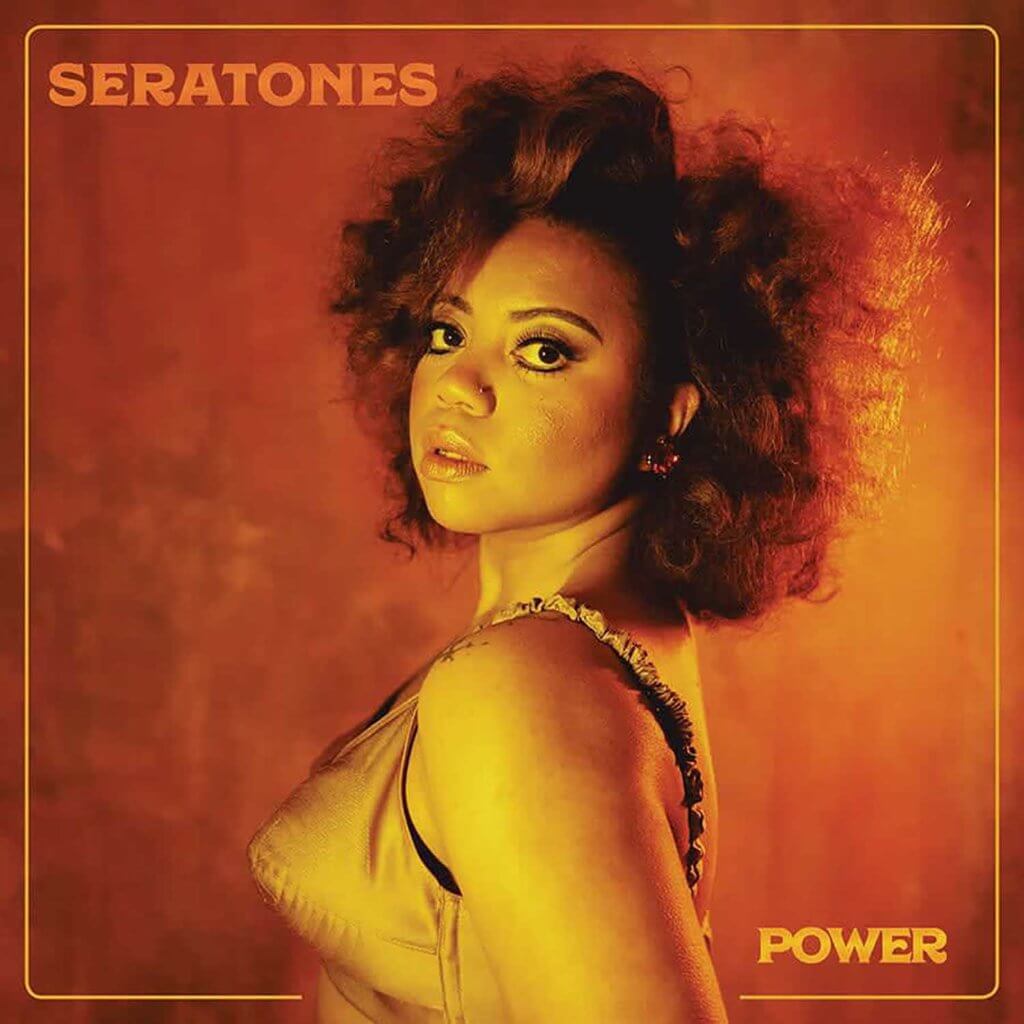
Haynes writes from perspective, always keeping her lineage in the back of her mind. She’s deeply inspired by women like her mother, an immigrant from the Philippines, who managed to raise three children in Columbia, Louisiana while her father attended a recovery program. “That is magic! [There is] truly divine magic in that labor,” says Haynes. Tapping into that wellspring of perseverance, and taking a page from artists like Octavia Butler and Toni Morrison, Haynes strives to get into the mind and lives of characters she imagines for her songs. “I can’t do that unless I understand myself first,” she says. “And this record was a lot about understanding myself.”
In the music video for “Power,” a young black girl traverses different sites in Shreveport, including Hope Medical Group, and the message is clear: It’s time for women to reclaim themselves, especially when on the verge of a court decision that could be detrimental to reproductive rights. “We take two steps forward / They take one step backward/ We take each step to lift us up higher,” belts Haynes in the chorus, reminding us, like Cooke did 56 years ago, that we are the change we seek, because we are the power.



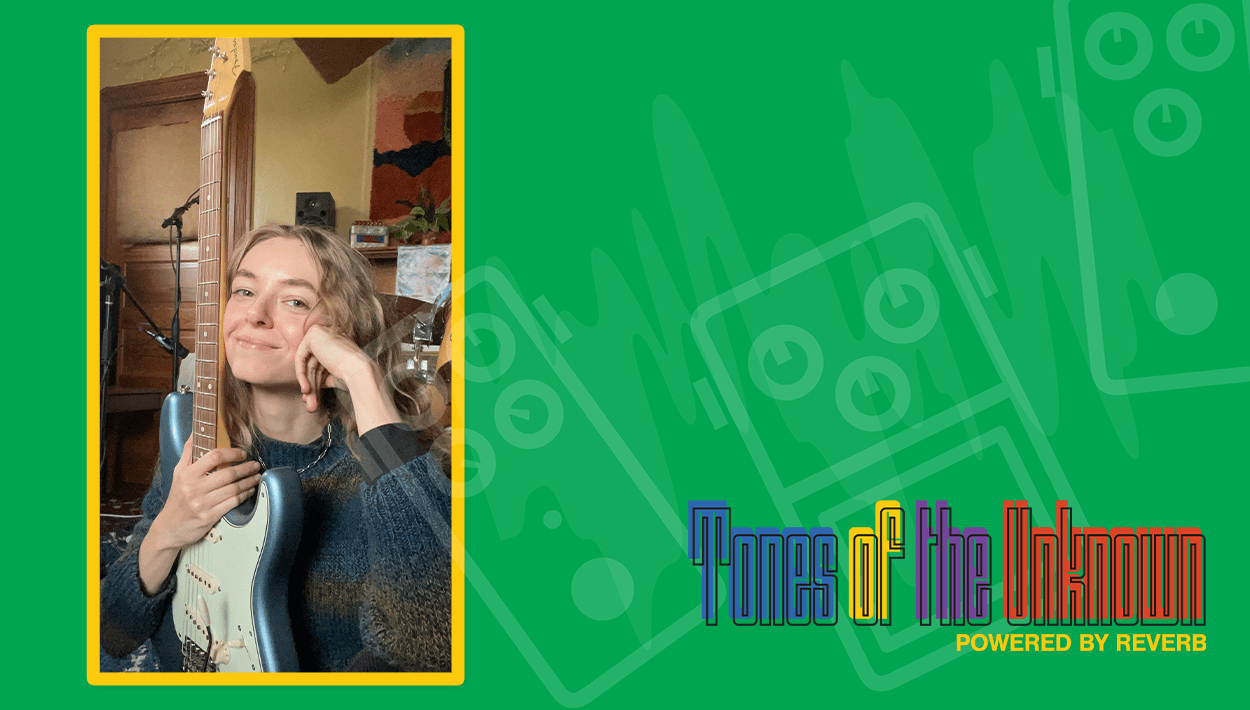
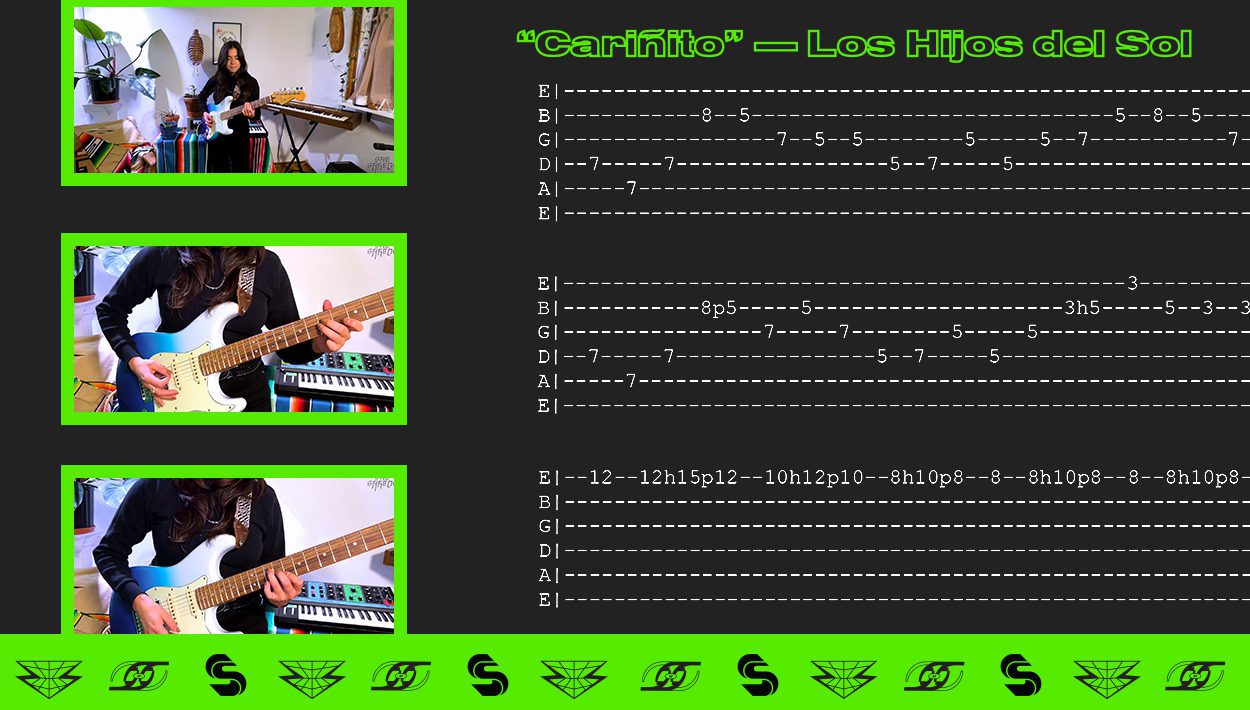

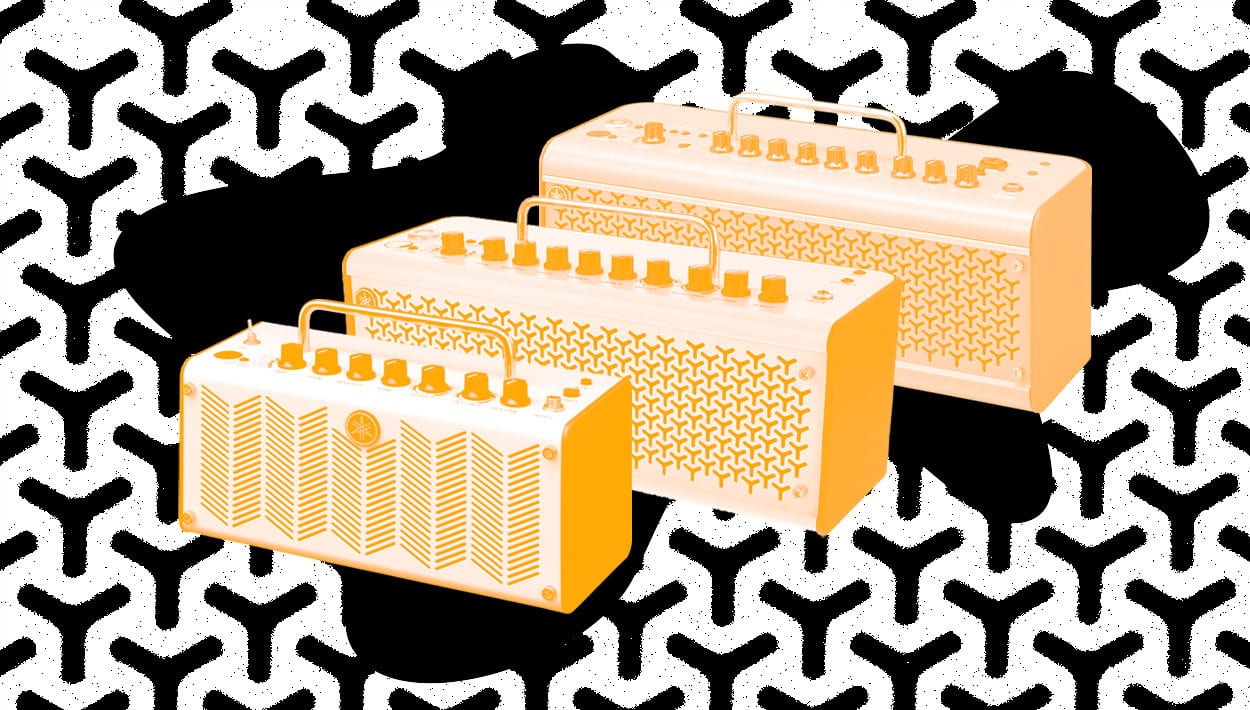

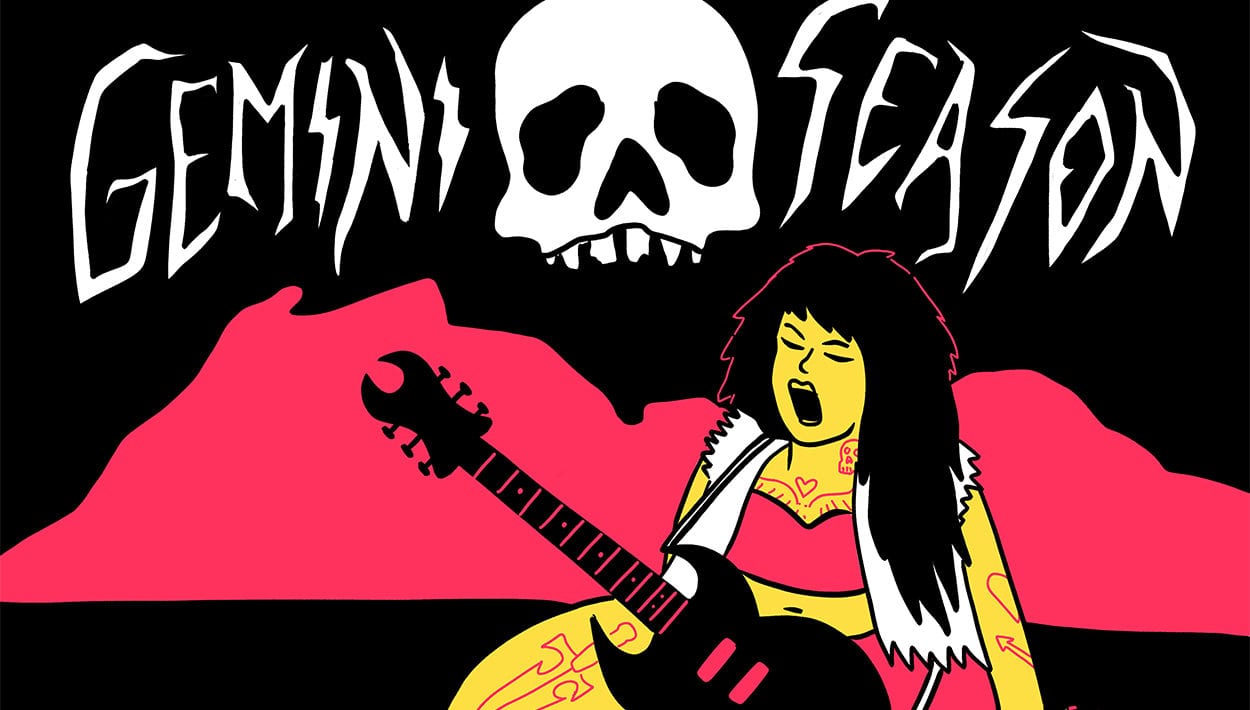
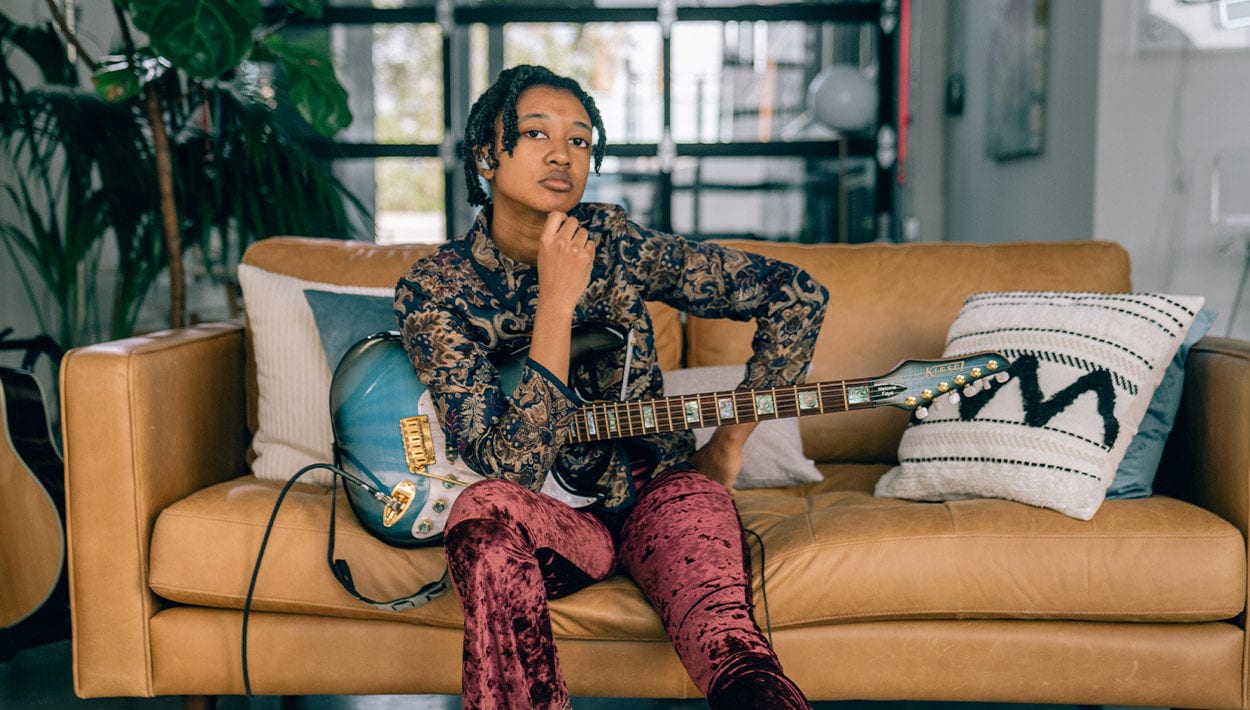
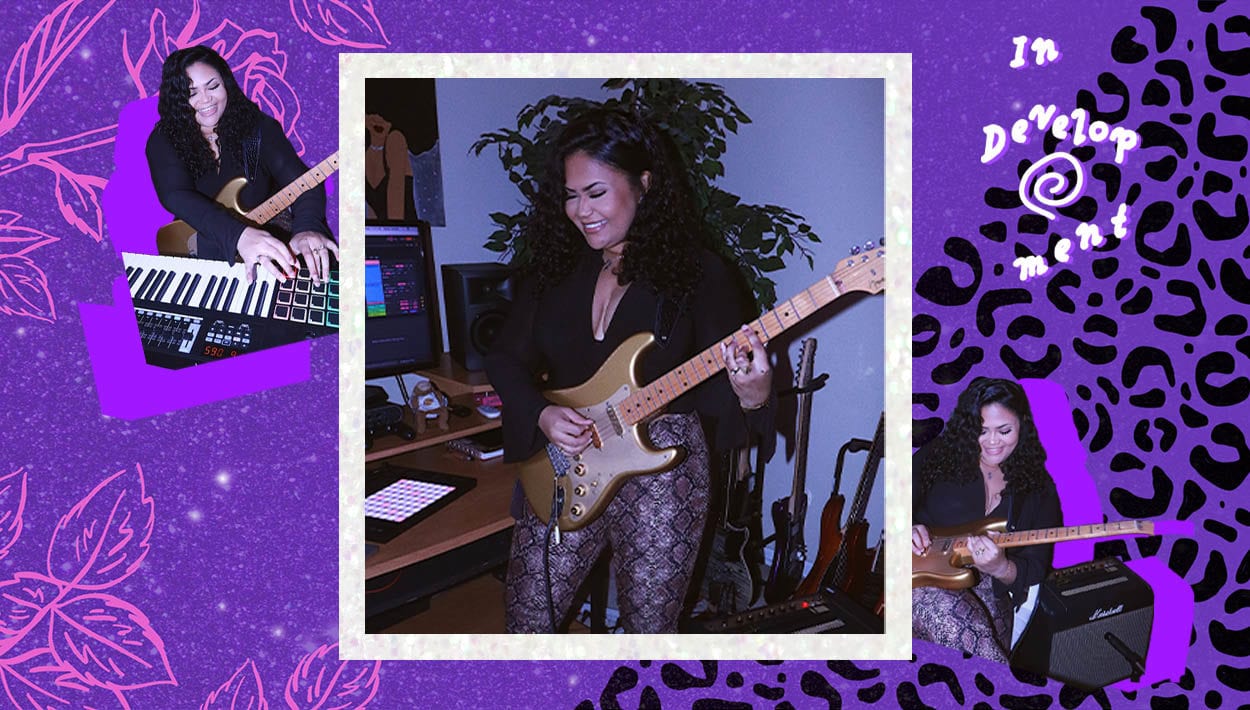
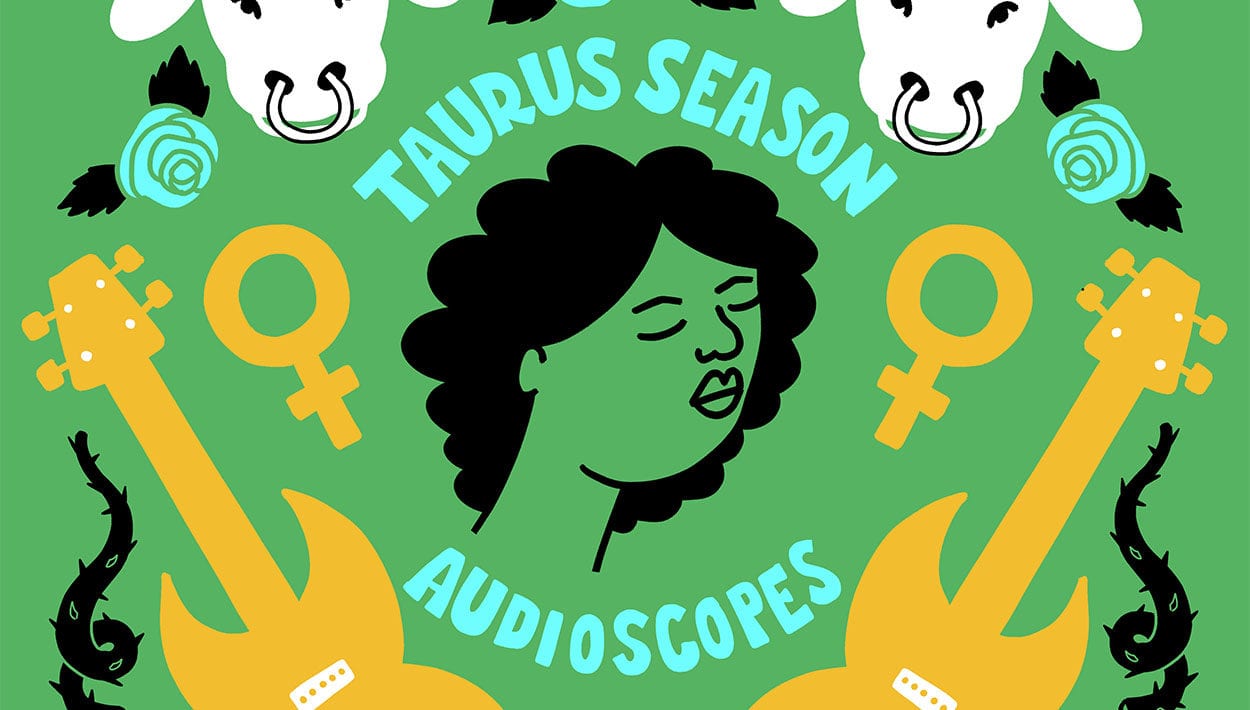


Comments
Prioritize your well being with comprehensive Health Benefits delivering personalized solutions for optimal health. In the realm of aesthetic care Anal Bleaching near me services provide discreet and specialized cosmetic solutions addressing skin concerns with precision and care.
Comment by Patricia Brown on February 5, 2024 at 10:59 am